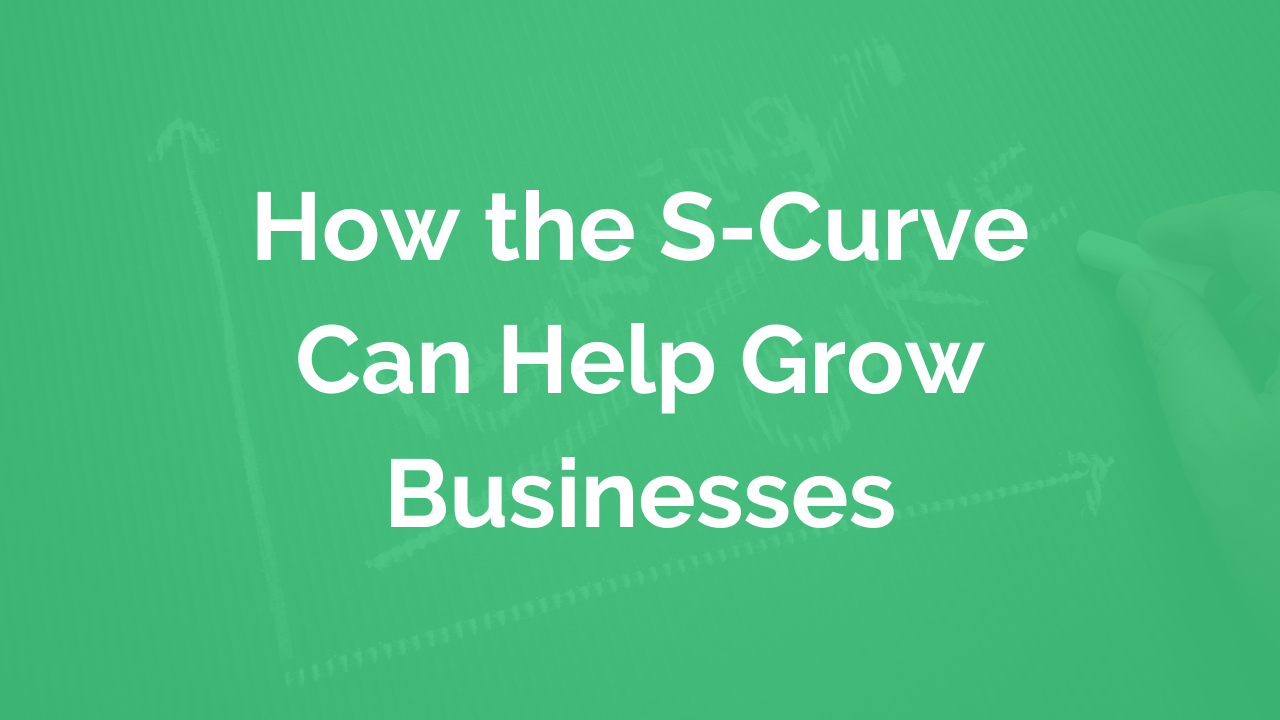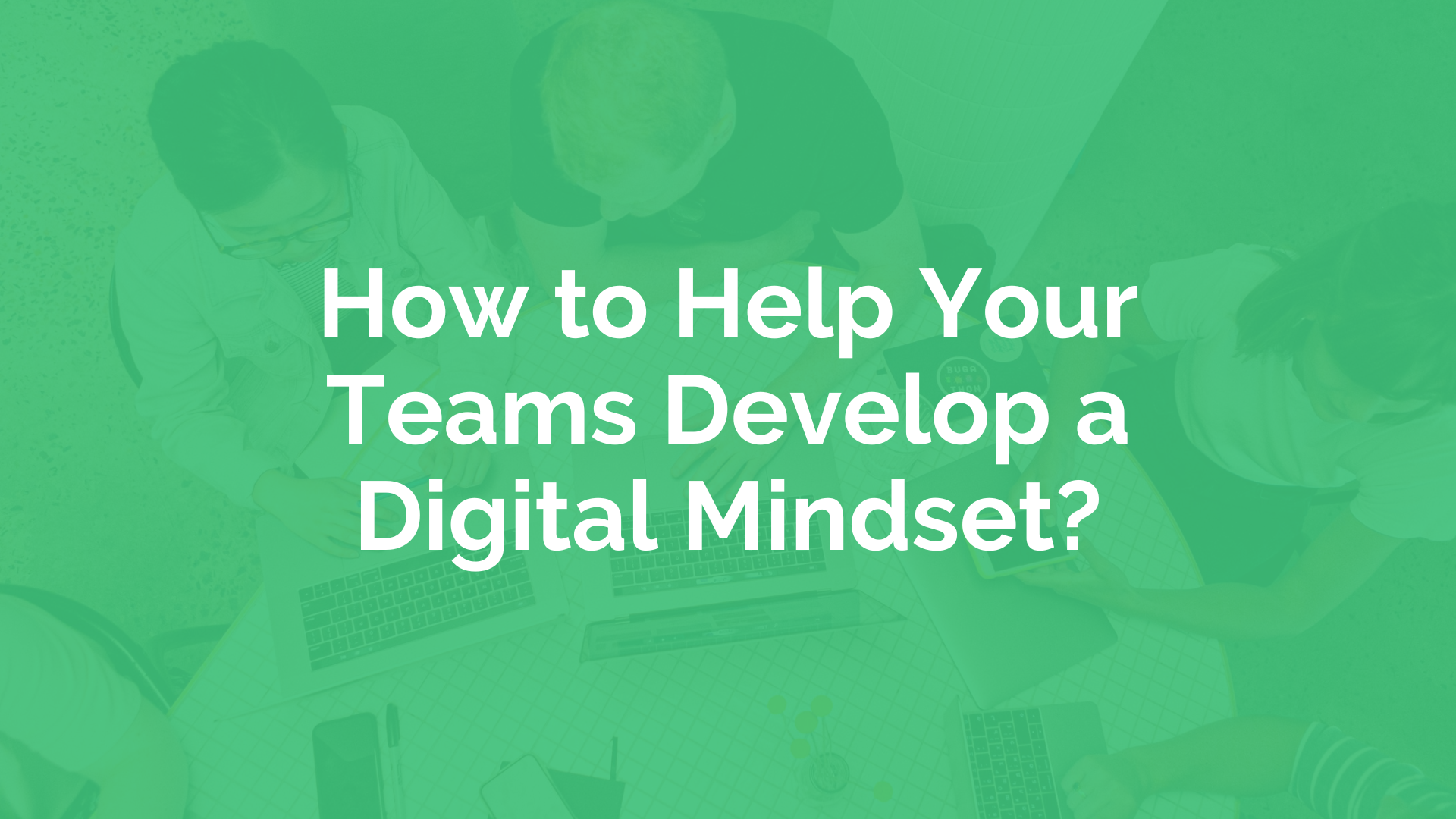In this expert interview David sits down with Dr. Lassaad Essafi, CEO of EDLIGO, during the interview they delve into the strategic importance of adopting a skills-based approach to talent management in today's rapidly changing business landscape. It highlights how focusing on skills rather than traditional role-based hiring can enhance organisational agility, competitiveness, and innovation. They also explore the tangible benefits of this approach, including improved talent deployment, enhanced retention, and increased workforce satisfaction. It also discusses how EDLIGO aids organisations in transitioning to a skills-driven model, offering personalised learning paths, competency assessments, and data-driven insights to align talent strategies with business objectives.
Read MoreAs we near the end of another successful year here at Insight222, we want to reflect on the top themes that have emerged in our content. From data-driven insights to real-world examples, our team has worked meticulously to deliver informative and persuasive articles that aim to enhance the HR and people analytics function. And we have seen some exciting changes and advancements in the field this year.
Read MoreOne of the biggest and best resources a company has with the most significant influence over whether they succeed in their industry or fail are the people hired to work in the business. A company with people who are not engaged and do not see a future with the organisation or even their department are likely to see losses. But for, companies that strive for greater growth but also offer continued opportunities for development within the organisation for their employees will discover they experience larger profit and remain competitive in a tight labour market.
Read MoreThe labour market has evolved. In just the last few years, due to the pandemic, social unrest and eruption of remote work, there has become empowerment of the workforce. The way we perform everyday work has changed as well. Employees have an increased desire for flexibility, collaboration, learning opportunities and wellbeing that they are not just asking for but demanding. One direction companies are taking in response to the changes is by re-evaluating what jobs and work mean to all the involved parties and bringing about a new way for work to get done.
Read MoreThe use of a talent marketplace in organisations is on the rise, as the very nature of work and skills has morphed after the pandemic and the Great Resignation. Employers discovered that talent marketplace platforms allow them to remain competitive in a tight labour market by focusing more on how work is getting done over job titles and job descriptions.
Read MoreLeaders are discovering, after the shift in work culture in the post-pandemic era, that they are becoming more dependent on the effectiveness and the efficiency of their teams that work under them. This is great for digitally minded HR professionals and teams alike because of the opportunities they are being presented to provide more business value. But do your teams have the digital mindset to overcome the challenges of these new responsibilities? If not, it is time to shift their mindset to develop better data-driven decisions.
Read MoreAs the rate of change continues to accelerate, exacerbated by a growth in HR technology and external factors such as the pandemic or the great resignation, it’s never been more imperative for HR teams to build an array of new skills enabling them to become more data-driven, business focused and experience led allowing them to stay relevant and bring more value to their business. Over the last year we’ve had over one thousand HR professionals complete our HR Skills of the Future assessment, allowing us to create a HR benchmark and providing greater insight into the capability areas that organisations should focus on upskilling their HR functions in.
Read MoreA positive learning culture has been shown to increase employee retention, keep organisations up-to-date with world changes, generate business growth and drive innovation. With all of these benefits, organisations not only want to be developing a learning culture, but also creating the right environment for their people to learn and grow in. In this blog we explore how organisations can foster a culture of continuous learning to ensure they’re creating a data driven culture across their HR function.
Read MoreNot only do HRBPs need to develop their data literacy skills to help achieve the Chief HR/People Officer’s strategic goals, they also need to adopt the right mindset to foster a data-driven culture. By acting as key change agents for the entire HR function and by modelling a data-driven culture, HRBPs can influence decision-making processes in their organisation and fully unlock the value of people analytics for the business. Throughout this article, we explore three guiding principles for successfully building greater data literacy skills in HR as well as share how Insight222 can support you and your organisation to succeed in the digital age.
Read MoreGoals are an important and effective way to spark motivation. They serve to energise the goal setter into action, either through intrinsic motivation (e.g., the feeling of satisfaction you get when you achieve a goal and subsequent increased confidence or self-esteem) or through extrinsic motivation (e.g., an end of year bonus is dependent on achieving your goals). Goal setting therefore leads to increased performance and outcomes as effort increases in line with enhanced motivation. Many of the goals being set by our community of learners at the myHRfuture Academy focus on upskilling to become an experience led, business focused and data driven HR professionals. We’ve been looking at the most popular HR skills and HR resources from 2021 and shifting 2022 HR predictions into practice over on the myHRfuture blog to help shape these goals.
Read More









